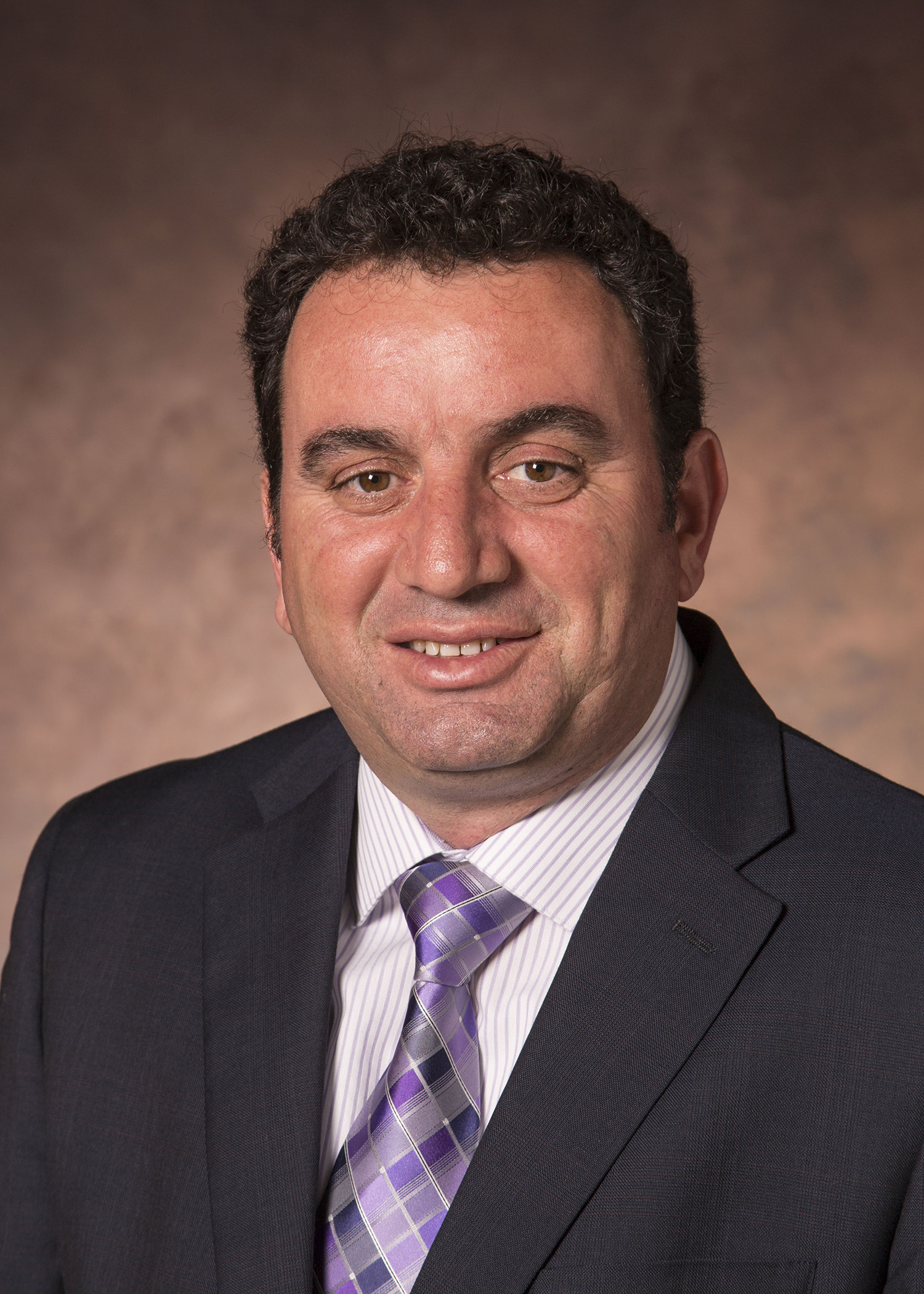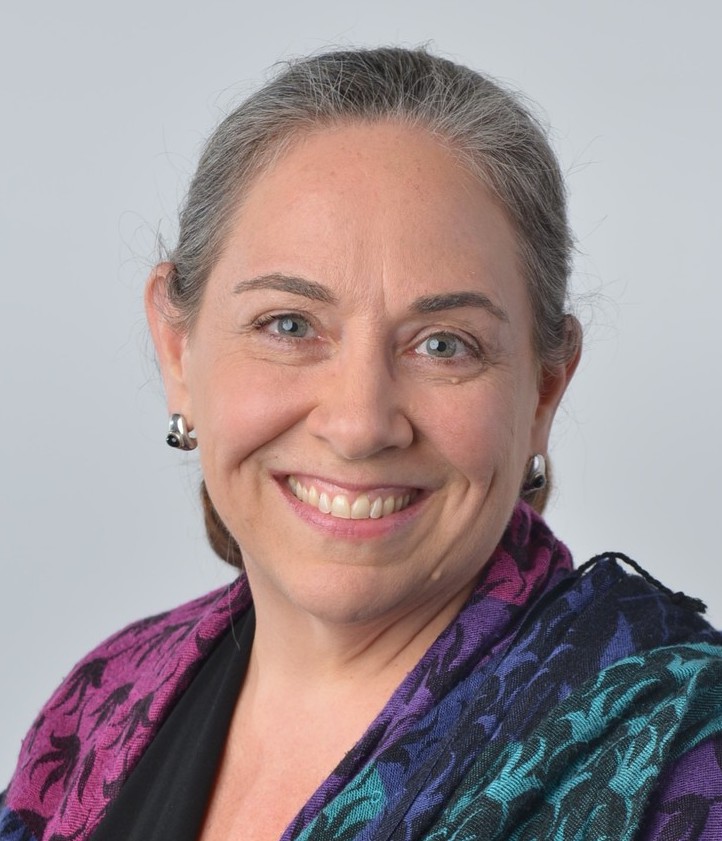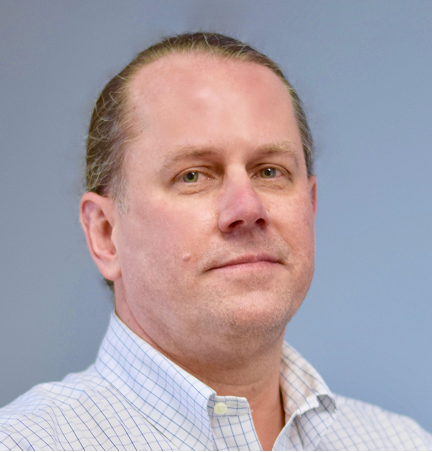Applications of CBT with Kids: Basic Strategies for Making the Move to Child Therapy
Speaker(s):
Presentation: This presentation will focus on applying cognitive behavioral therapy (CBT), in therapy work with young children (ages five to adolescence). Presentation is intended to provide basic strategies for how certain CBT skills (e.g., teaching coping skills, teaching thought restructuring) might look in a child setting. This presentation is intended for those who are already somewhat familiar with CBT and with therapy in general, but perhaps are considering expanding their work to include children. Presentation will pull from established techniques from play and behavioral therapies, as well as the clinician’s knowledge and experience as a child psychologist. Presentation will also include perspectives from an LCSW transitioning from adult to child work. This presentation is not intended to provide full training in CBT, but hopes to provide an overview of CBT-based techniques to better inform practice with children.
Objectives:
- Define evidence-based practice and cognitive behavioral therapy
- Describe at least three specific methods for teaching feelings identification and coping skills to young children
- List at least three differences between adults and children to be aware of when working with child clients




